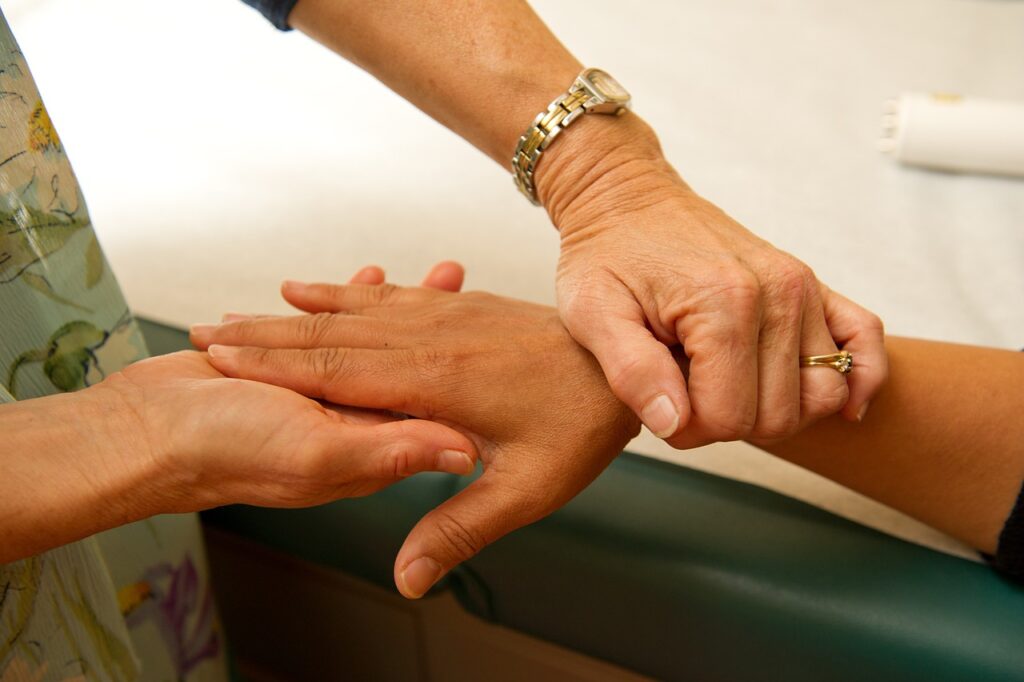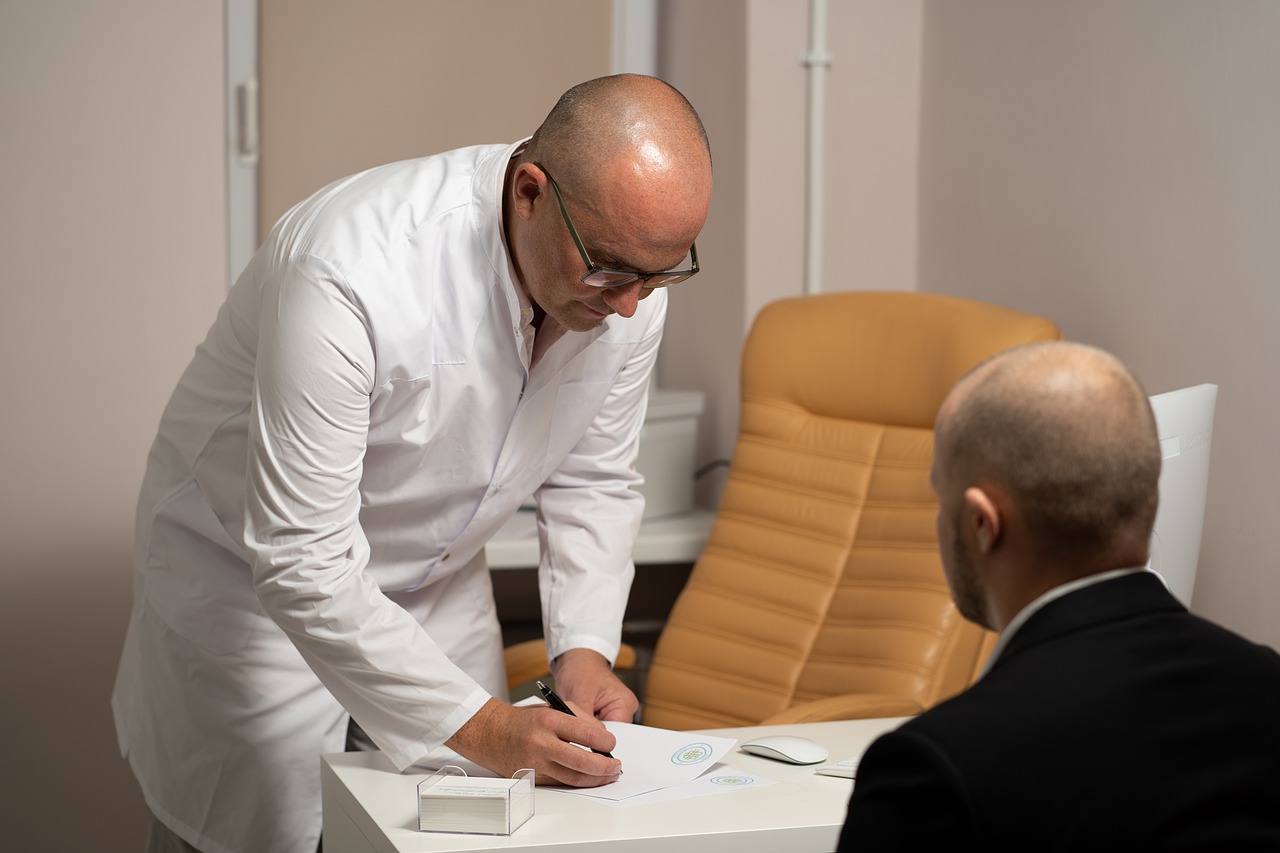More Efficient Referrals to a Pain Specialist in the UK Could Free Up Over 16 Million General Practitioner Appointments
More than two thirds of people living with chronic pain in the UK had to visit multiple general practitioners (GPs). They also had to wait more than a year before receiving an official diagnosis. More than one quarter of people (28%) were waiting three years or more. This insight comes as part of a survey of people living with chronic pain. This was conducted to mark pain awareness month (September) by an independent research agency on behalf of Boston Scientific.
Chronic pain is defined as continuous and long-term pain lasting for more than 12 weeks. Today, it’s estimated that a quarter of UK residents are living with chronic pain. This is potentially as many as 13.2 million adults.

The NHS advises people having difficulty managing pain to contact their GP for a referral to a pain clinic. Pain clinics offer a wide range of treatments and support, including access to medical pain specialists. These are doctors trained to evaluate, diagnose, treat, and prevent many different types of pain.
Those who had attended a pain specialist in the UK saw between one and four healthcare professionals before being referred to a pain specialist, according to the survey.
Too Many GP Appointments
If the wider UK experience reflects that of the survey the situation is staggering. If multiple GP visits are needed in order to access a pain specialist, this could represent as many as 16.5 million additional GP appointments. This is equivalent of up to 290 years of consultation time.
“Chronic pain can dominate the life of patients and drain them both physically and mentally.” explains Dr Ashish Gulve, President of the Neuromodulation Society of UK and Ireland. “We have to reverse the dynamic so it is the patient who is mastering the pain, not vice versa. There are numerous treatment options which can offer relief and a significant increase in the quality of life. It is important that patients are referred to specialised pain services earlier.”
Referral To A Pain Specialist
The survey found that only a third of people with pain were referred to a pain specialist at first consultation. Those who went to a pain specialist earlier were less likely to wait years before receiving a chronic pain diagnosis.
“Every person experiences pain differently. This is why personalised treatment and care are so critical.” said Vincent Sourdaine, vice president, Neuromodulation, Boston Scientific, EMEA. “Our survey highlights unacceptable delays in people being diagnosed with chronic pain, which leads to prolonged agony. It is our commitment to change the lives of many more people with this condition. We are continually investing in research and development to provide meaningful technologies that offer more patient choice. We also pursue education and awareness campaigns to shine a light on the issue.”
Treatments reduce suffering
Treatments for pain can bring about a significant positive impact. Based on the survey results, the share of those in the UK who felt intense pain (choosing 10 on a one to 10 pain score scale) before they started a treatment drops from 29% to 5% after treatment. When measured across all treatment methods (e.g. medication, medical technology, physical therapy, etc.), it indicates that the right treatment can significantly improve quality of life.

Additional survey findings: chronic pain in the UK
Pain specialists are recommended. Nearly three quarters (73%) of people who visited a pain specialist felt understood. They would recommend that others experiencing pain also visit a pain specialist.
Chronic pain affects work and livelihoods: 62% of people not presently working attributed chronic pain to be the reason. One in five people (23%) said their chronic pain has had no impact on their professional life.
High reliance on pain medication: More than three quarters of people with pain rely on pain medication (77%). Physical therapy was used by more than one quarter (27%). A small percentage of people currently use devices or medical technology, such as spinal cord stimulation or radiofrequency ablation.
Gender differences in pain: More women take three or more years to get a chronic pain diagnosis (33%), compared to men (22%). Women were also more likely to stop work because of chronic pain (68%), compared to men (52%).
More British people with pain are aware of the role of a pain specialist (85%) compared to Germany (18%), Italy (24%) and Spain (53%): Despite this higher level of awareness, still only half of UK people with pain had ever consulted a pain specialist.
Beyond the drain on the healthcare system, chronic pain also has an economic dimension. More than one in five survey respondents (23%) state that they cannot work anymore due to their chronic pain.
People do not feel comfortable talking about pain: Half of people (48%) said they did not feel comfortable talking about their chronic pain in their professional life. One quarter (26%) do not feel comfortable discussing their pain with a partner, family or friends.
Boston Scientific have dedicated resources for people who experience chronic pain, including a pain centre locator to find local specialists: https://bit.ly/ChronicPainUK




